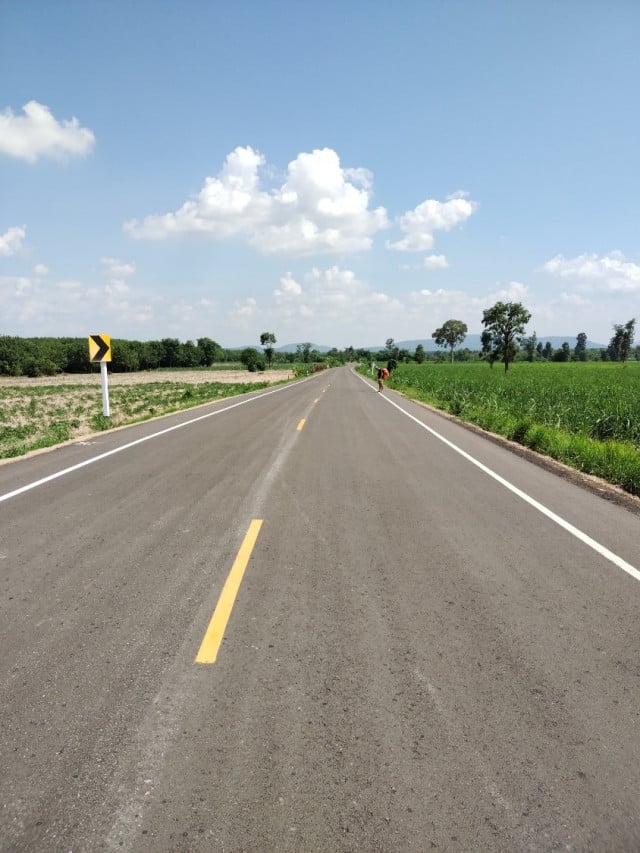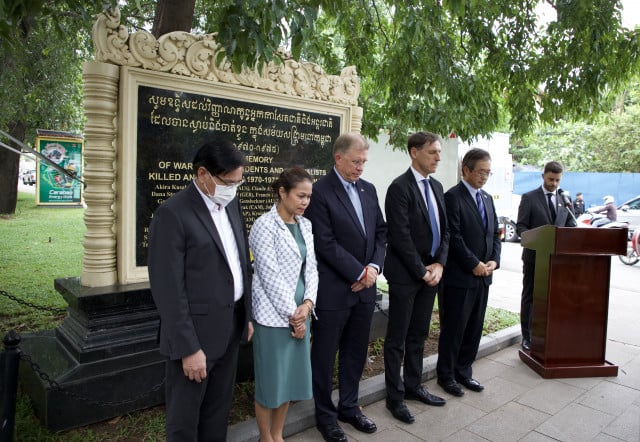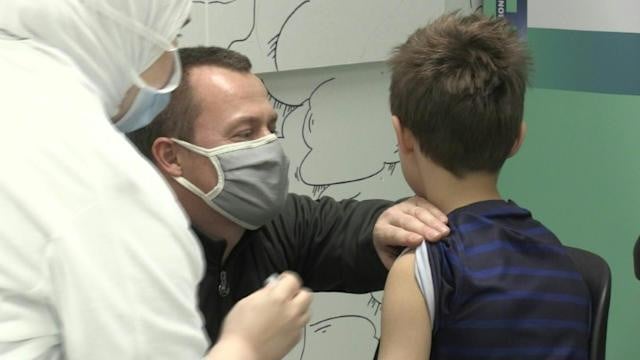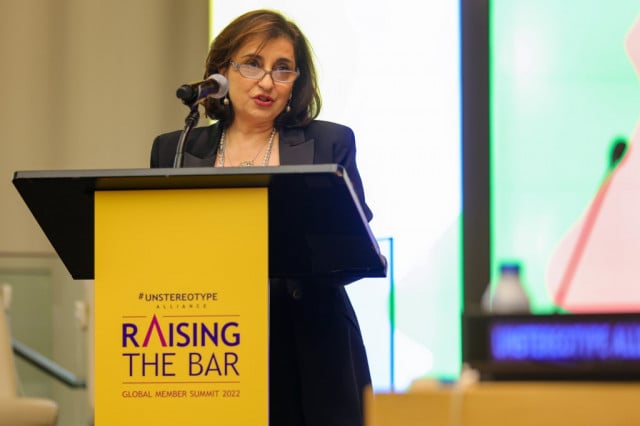Walking for a Living

- By Nicolò Tissier
- August 13, 2023 3:30 PM
Episode 5: Thailand, from Nakhon Phanom to Ubon Ratchathani
After crossing the bridge, we were on the outskirts of the capital city of the province of Nakhon Phanom. Our first impression of Thailand was its modernity that surprised us.
We stopped two nights in the city, which was our first “days off” since embarking on our trek two weeks ago. It was necessary to pause and take a well-deserved rest in a hotel. But we soon discovered that the problem with such a break during a walking trek is the difficulty to depart again the next day and get back into the lost rhythm.
We were afraid that being hosted in temples would be more difficult in Thailand, especially after being refused the first time we asked at a temple near the city of Nakhon Phanom. But we then figured out that it was because the temple was too close to the city. As soon as we got a bit further, our luck continued and Thai monks kindly accepted to host us, even if it was less spontaneously than in Laos.
We headed south by continuing to follow the Mekong River, but it was the last time we would cross it over land. It took four days between the cities of Nakhon Phanom and Mukdahan. Those last days along the Mekong were maybe the best and most beautiful days of the walk, as there was a path just above along the river, continuing nearly all the way. It was the most pleasant road we found as it was quiet and we could always see the river.
On the last night of this road, we spent our first time in hammocks literally on the Mekong River, a nice paradox considering that it was our last night following the river. In Mukdahan city, we made again a two-day stop to rest and especially to do laundry—having fresh, clean clothes becomes a necessity at a certain point.

As we had been walking for a while by then, I started to consider walking just as a regular job. My mental approach to it was to take it as if I was going to the office and doing some hours of work. It was kind of similar. I had a daily goal of kilometers I needed to cover every day, and that was the only task I needed to mind about. It is very relaxing to the mind, not having to care about other matters. It’s what walking gives you: an extremely basic purpose that monopolizes your attention and energy.
The daily life of walking consists of one main thing: repeating. Repeating the same gestures, tirelessly. Repeating the efforts, the pains, the grunts, but also the joys and thrills.
Sometimes during the day, I felt crushed and heavy, sometimes I felt light and relaxed.
During such an experience of living on the road, getting so much used to wearing a backpack leads to considering it a physical and official extension of yourself, a providential shell.
The most special encounter of this period happened on the night before we reached the city of Ubon Ratchathani. We arrived at a little temple where we met a Thai man by the name of Teera Yut. To communicate we us, he called a foreign friend who lived in Thailand and spoke both Thai and English. As it turned out, this friend was Canadian and spoke French with us! The whole situation entirely due to a coincidence felt so unreal that it was really funny! We became friends with Teera and went out with him for dinner. In the morning, he and his family went to the temple for a special ceremony and then invited us to share breakfast with them. We kept in touch with Teera, and he continued to text us during the rest of our trip, to make sure we were alright.

We finally arrived in the big city Ubon Ratchathani with its heavy traffic. We stayed two days to rest, do laundry again, and plan the rest of our trip as time was running out. We initially intended to go south but found out the border crossing where we had planned to leave Thailand, get our Cambodian visas and enter the country was close due to the COVID-19 pandemic. This led us to the difficult decision of using motorized transport. Otherwise, we wouldn’t have had the time to walk in Cambodia all the way from the border crossing to Phnom-Penh. And so, we reached O'Smach International Border Checkpoint in Oddar Meanchey province by hitchhiking and by bus.
From there, we came back to Cambodia, more than two months after leaving the country, to complete the last part of our trek.
Follow the author's travelogue from episode 1 to 4 here: Episode 1, Episode 2, Episode 3 and Episode 4















